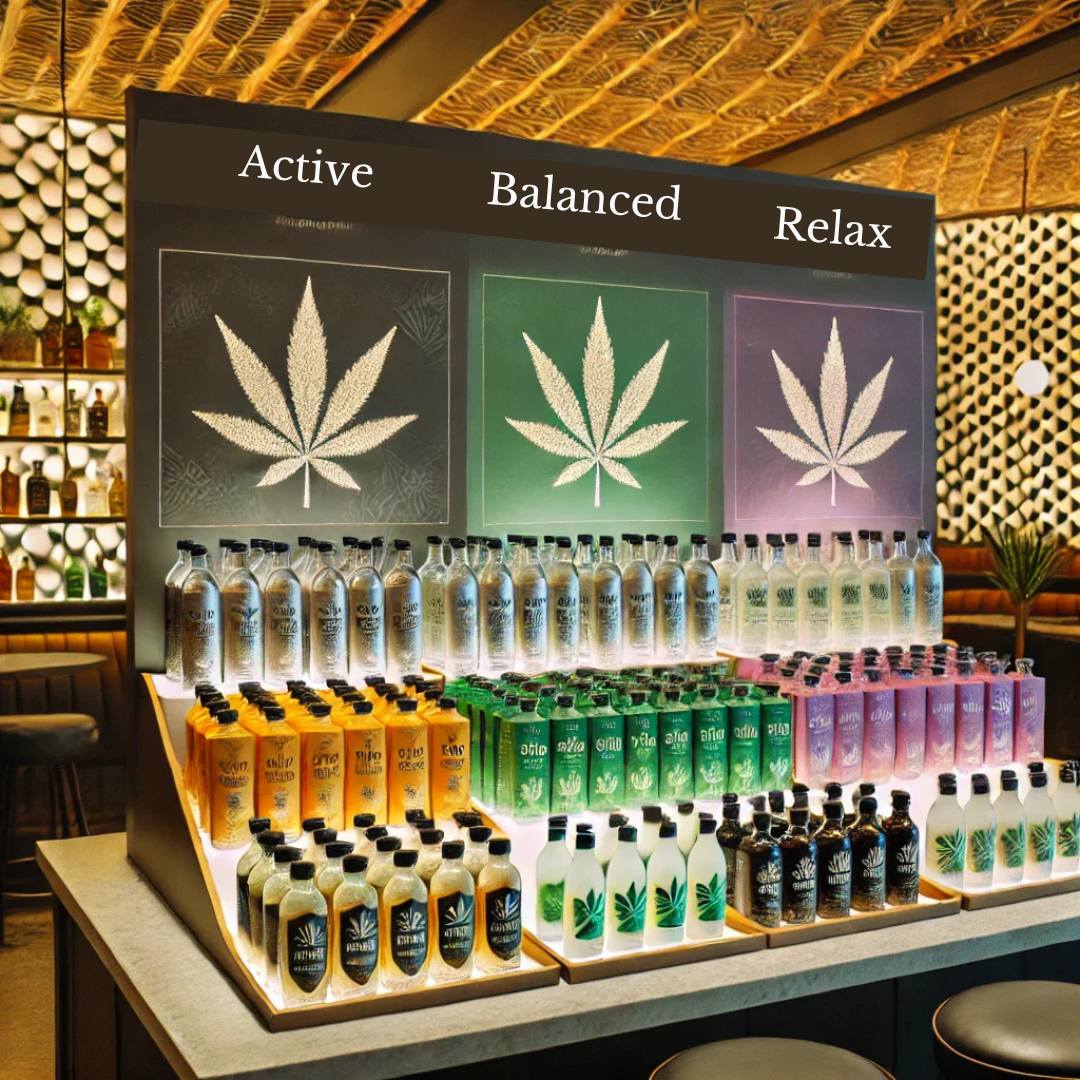The beverage industry is undergoing a dramatic transformation as consumers shift their preferences from traditional alcohol to functional beverages and THC-infused products. While these categories present tremendous growth potential, most beer and wine wholesalers are not well-equipped to handle them. Here’s why—and what wholesalers need to do to remain relevant.
1. A Focus on Alcohol Volume, Not Functional Growth
Beer and wine wholesalers are traditionally focused on moving high volumes of alcohol products. Their business models prioritize fast turnover and hitting sales numbers tied to established beer, wine, and liquor brands.
Functional and THC beverages, however, require a different approach. These products rely on education, targeted marketing, and strategic placement to reach their specific audiences. Wholesalers who apply a volume-first mindset to these categories often fail to give these products the attention they need, resulting in lackluster performance.
2. Lack of Understanding of Functional and THC Ingredients
Functional beverages and THC products include ingredients like cannabinoids (THC, CBD, CBG), adaptogens (lion’s mane, reishi), and compounds like 5-HTP and cacao, which require a deeper understanding to market effectively.
While THC is intoxicating and appeals to a recreational consumer, functional beverages are focused on providing health and wellness benefits, such as relaxation, focus, or energy. Wholesalers that don’t grasp these distinctions struggle to position these products appropriately, educate their retail partners, or effectively communicate their value to consumers. This lack of knowledge leaves functional and THC brands underserved.
3. Failing to Adapt to Consumer Trends
Consumer preferences are changing rapidly, with more people seeking alternatives to alcohol. Functional beverages cater to a wellness-driven audience, offering benefits like mental clarity, stress reduction, or energy enhancement. THC beverages appeal to those looking for a different kind of recreational experience, one that moves away from alcohol.
However, many beer and wine wholesalers remain focused on their core alcohol portfolios and fail to recognize the urgency of these trends. By clinging to traditional distribution models, they risk losing relevance as functional and THC beverages capture increasing market share.
4. An Opportunity for Wholesalers to Evolve
For beer and wine wholesalers to stay competitive, they must adapt to the unique demands of functional and THC beverages. This requires:
• Investing in education for sales teams to understand the benefits and applications of ingredients like lion’s mane, reishi, 5-HTP, Cannabinoids and other functional ingredients.
• Developing strategies to support and prioritize these products in their portfolios.
• Building relationships with retailers and markets that cater to wellness-focused or cannabis-friendly consumers.
Distributors who embrace this shift will gain a significant foothold in this emerging market, while those who don’t may find themselves outpaced by specialized distributors.
The Future of Beverage Distribution
As more consumers seek alternatives to alcohol, the rise of functional and THC-infused beverages is becoming impossible to ignore. This shift presents both challenges and opportunities for traditional beer and wine wholesalers, while also opening the door for new, specialized distribution companies that bring passion and expertise to this emerging market.
Those willing to learn, evolve, and invest in these products will thrive. Those who don’t risk being left behind in a rapidly changing market. The choice is clear: adapt or lose out on the future of beverages.






































